President Donald Trump's cuts to the federal bureaucracy could upend Virginia's gubernatorial race, set to be held this year.
Why It Matters
Virginia, home to more than 140,000 federal employees, will be ground zero for the effects of Trump's cuts, which are part of the task force dubbed "Department of Government Efficiency," (DOGE) led by Elon Musk. In the first month of his second term, DOGE has fired thousands of federal employees.
Republicans celebrated the cuts, which they believe will make the government more effective by shrinking the federal bureaucracy. Critics say many federal employees who perform critical work are now left without a job.
This year's elections could be an early sign for Republicans about the electoral implications of the widespread cuts. Virginia's off-year elections are already seen as a bellwether for a new incumbent president's popularity, coming one year after the presidential election. Whichever party is not in the White House tends to perform well, giving Democrats optimism about their chances of flipping the governorship in November.
Virginia, once a ruby-red commonwealth, has shifted toward Democrats throughout the 21st century. Leftward-shifting suburbs outside of Washington, D.C., Richmond and Hampton Roads — as well as the growth of the federal bureaucracy — have brought it into the Democratic fold. Republicans haven't carried Virginia at the presidential level in more than 20 years, but have still seen successes in downballot rcaes.
What to Know
The DOGE cuts may benefit Democrats in this year's election, according to Virginia political experts who spoke to Newsweek. Former Representative Abigail Spanberger is viewed as the likely Democratic candidate, while Lieutenant Governor Winsome Earle-Sears is viewed as the favorite to win the Republican primary.
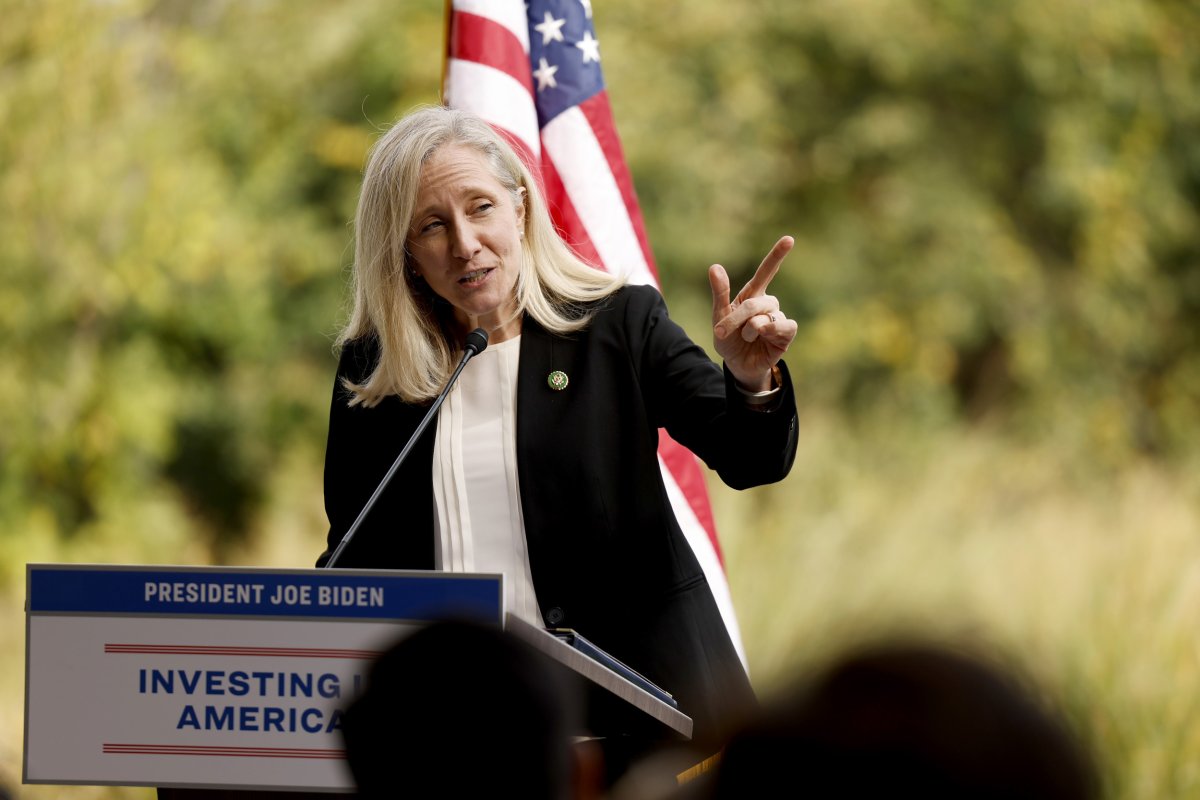
The cuts will be a problem for Republicans, as angry voters are "particularly likely to turn out," Stephen Farnsworth, professor of political science and international affairs and director of the Center for Leadership and Media Studies at the University of Mary Washington, told Newsweek.
"Republican lawmakers in Washington often create problems for Republican lawmakers in Virginia," he said. "The chaotic and uncertain personnel policies of the new president - if they continue in the coming months - will be a huge boon to Democratic candidates in statewide elections and swing delegate districts."
Democratic candidates will seek to emphasize the impacts of these cuts on the campaign trail, he added, while Republicans will want to "talk about anything else."
Jeremy Mayer, associate professor at George Mason's Schar School of Policy and Government, told Newsweek the effects of DOGE cuts will come down, as always, to turnout.
"Here, the situation has to favor the Democrats," he said. "Historically, the person who is the victim of a government policy is far more angry and motivated to vote than the one who 'won' in politics."
Even though many Virginians, particularly rural and suburban voters outside of the D.C. suburbs, may support Trump and Musk's attempts to shrink the federal government, they simply won't be as motivated to turn out than those who may lose their jobs, Mayer said.
This makes a backfire in Vrginia "likely," he said.
"A Republican in Northern Virginia better figure out a way to say 'I support President Trump but have problems with some of these specific cuts.' Senator Britt from Alabama did that pretty well on cuts to research centers in Alabama. But it's not an easy message," he said.
Larry Sabato, the veteran political scientist from the University of Virginia, told Newsweek he agrees the cuts are "not going to be a plus for Republicans" but noted that "how much it will actually hurt them remains to be seen."
"In Northern Virginia the GOP has little to lose, at least in the legislature. Perhaps this will help Spanberger build up the margins there, where a Democrat can balance the rural losses," he said.
Spanberger is wasting no time in tying the mass layoffs to the GOP.
"For them, it's a kitchen table issue. But the impact. The idea that we would have a president, and a governor who is standing by and said president says we're going to push them out of the workforce. This is a kitchen table issue but the impact is significant across the country," she said on MSNBC earlier this month.

Earle-Sears has voiced support for DOGE cuts n an interview with The Fredericksburg Free Press.
"We know that we do want people to be employed. That's a given. What we want to know is how are we spending the taxpayers' money, who is spending the money, are there programs that are duplicative that are spending that money and is there a better way to spend the money? So, I think based on that, as a business, that's what we do," she said.
How Many Federal Workers Live in Virginia?
Roughly 144,483 federal employees live in Virginia, according to a December 2024 report from the Congressional Research Service. Only California and D.C. proper, both of which are solidly Democratic, count more federal government staffers.
This means Virginia is one of the states likely to be most affected by the DOGE cuts. The exact number of federal employees who have been fired or laid off since Trump's return to office is unclear, though the Associated Press reported that thousands have already been let go as of February 21.
An additional 75,000 federal employees accepted a "deferred resignation" offer from the Trump administration, the AP reported.
Youngkin Acknowledges DOGE Concerns
Governor Glenn Youngkin, a Republican, on Monday acknowledged there are concerns about "job interruption" among the commonwealth's federal workers, but that he wants to help them find "opportunities" in Virginia, touting more than 200,000 jobs available across the state.
Walking a political tightrope, Youngkin backed Trump's actions as helping to make the government more efficient while also saying he doesn't believes the federal workforce is "at fault." He said he understands need for "change," but that workers can trust the commonwealth has new, private-sector opportunities for anyone affected by layoffs.
"I understand, and I actually have extraordinary empathy, for the fact that there are many workers In Virginia today from our federal workforce who are experiencing real concerns," he said. "We have a federal government that is inefficient, and we have an administration that is taking on that challenge that is rooting out waste, fraud and abuse and driving efficiency in our government."
He also rolled out a resource program for federal workers to help them land on their feet amid the cuts.
Virginia Democratic Party Chairwoman Susan Swecker criticized the governor's remarks in a statement, accusing him of "shamelessly trying to play both sides by pretending to support federal workers while kissing the rings of Donald Trump and Elon Musk."
What Polls Say About Virginia Governor Race
Early polling suggests Spanberger may have an early lead over Earle-Sears. A Virginia Commonwealth University (VCU) poll, conducted from December 18, 2024 to January 15, 2025 among 806 adults, showed the Democrat with a 10 point lead (44 percent to 34 percent).
An Emerson College/The Hill poll, which surveyed 1,000 registered voters from January 6 to January 8, 2025, showed Spanberger up one point (42 percent to 41 percent).
"The early bet is on Spanberger but it's way too early to bet unless you have money to burn—or extra eggs to give away. Too many things can happen," Sabato said. "If Trump is very unpopular as he was in 2017, it's bound to help Spanberger as it helped [Former Governor Ralph] Northam in 2017. Just like Youngkin was assisted by Biden's unpopularity in 2021."
Virginia is unique in that it effectively limits its governors to a single term, though former governors can run for office again after four years. Mills Godwin, a Democrat, was the last governor to serve non-consecutive terms, first from 1966 to 1970 and then from 1974 to 1978.
Virginia voted for Harris by about 5.7 points in November, a smaller margin than in 2020, when it backed President Joe Biden by about 10 points, but larger than in 2016, when it voted for former Secretary of State Hillary Clinton by 4.4 points.
Newsweek reached out to the Spanberger and Earle-Sears campaigns for comment via email.
What People Are Saying
Everett Kelley, national president of the American Federation of Government Employees (AFGE), stated in a press release: "These firings are not about poor performance -- there is no evidence these employees were anything but dedicated public servants. They are about power. They are about gutting the federal government, silencing workers and forcing agencies into submission to a radical agenda that prioritizes cronyism over competence."
Representative Jim Jordan, an Ohio Republican, in a Fox News Sunday interview: "Maybe there have been some mistakes made, but I think the intensity and the focus on getting rid of the wasteful spending—the one guy who can unlock people who somehow get locked in a restroom in a national park? This is ridiculous. So, the arguments you are seeing from the left are pretty darn crazy when you think about 'oh we are spending money for crazy things."
Senator Tim Kaine, a Virginia Democrat, on CNN's State of the Union: "We just took both houses of the state legislature. We got a great candidate for governor. I think the governor's race in Virginia in November 2025 will be the first bellwether test of a Democratic comeback. And I'm feeling really, really good about that right now."
What Happens Next
Virginia voters will pick their next governor on November 4, 2025.




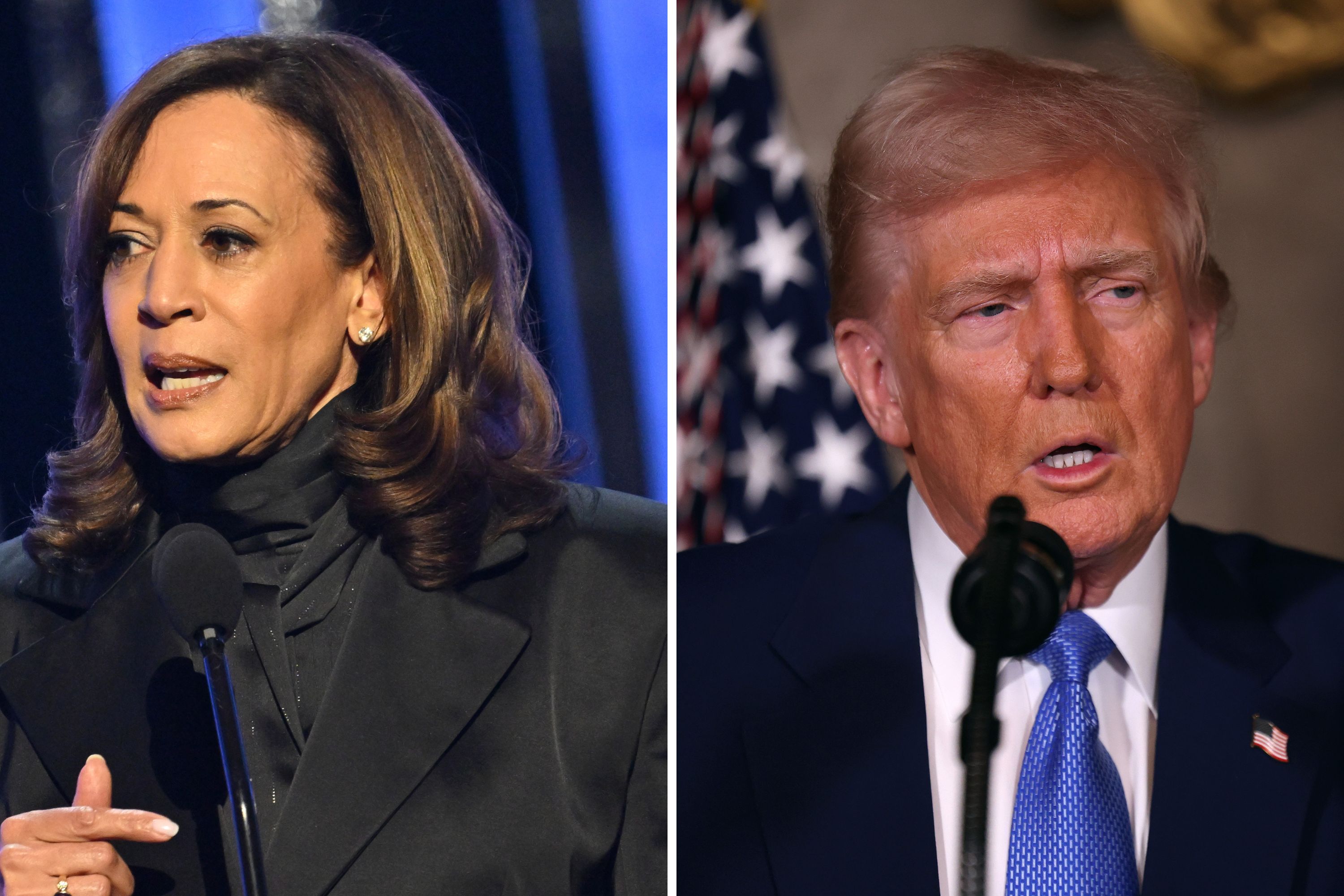


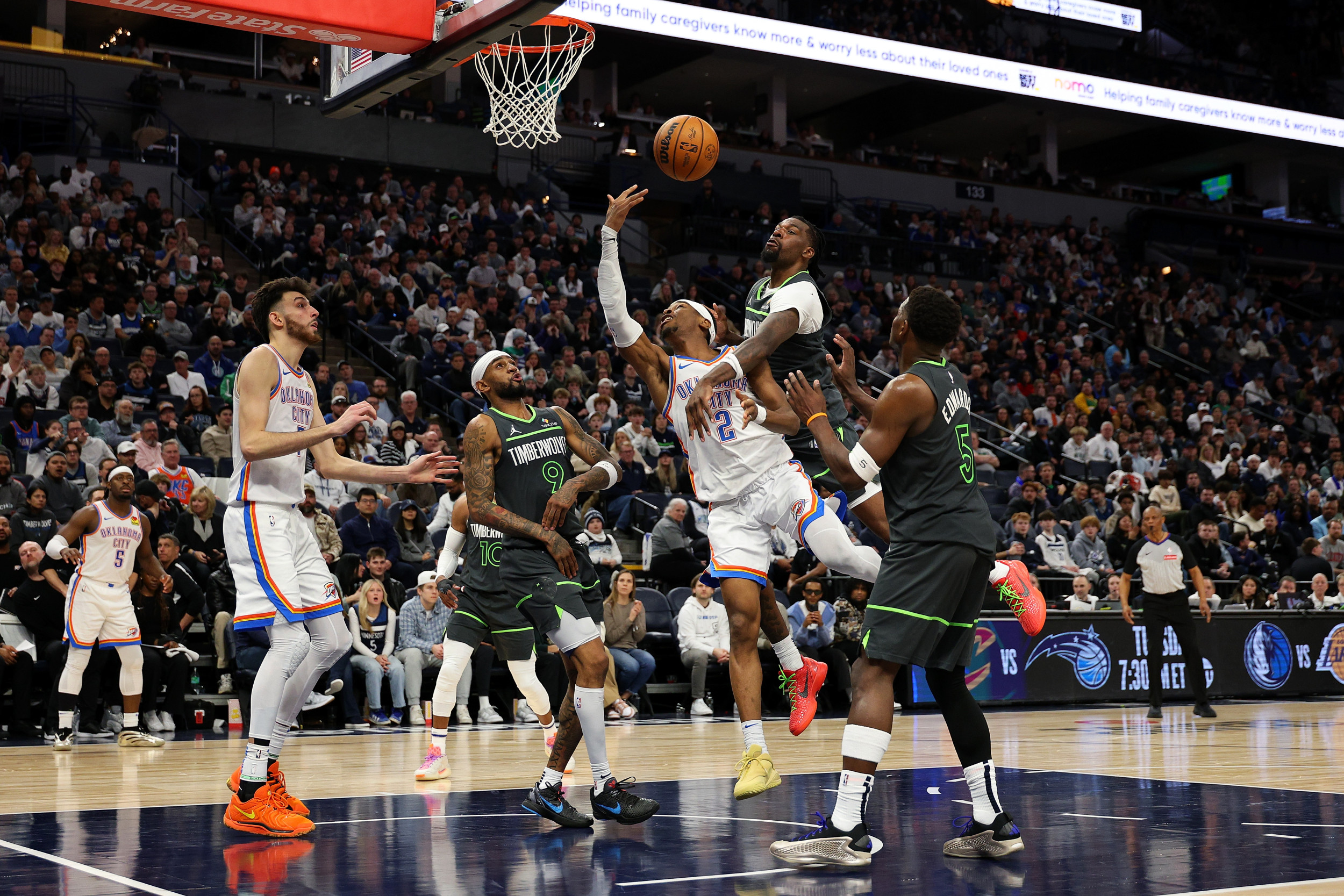




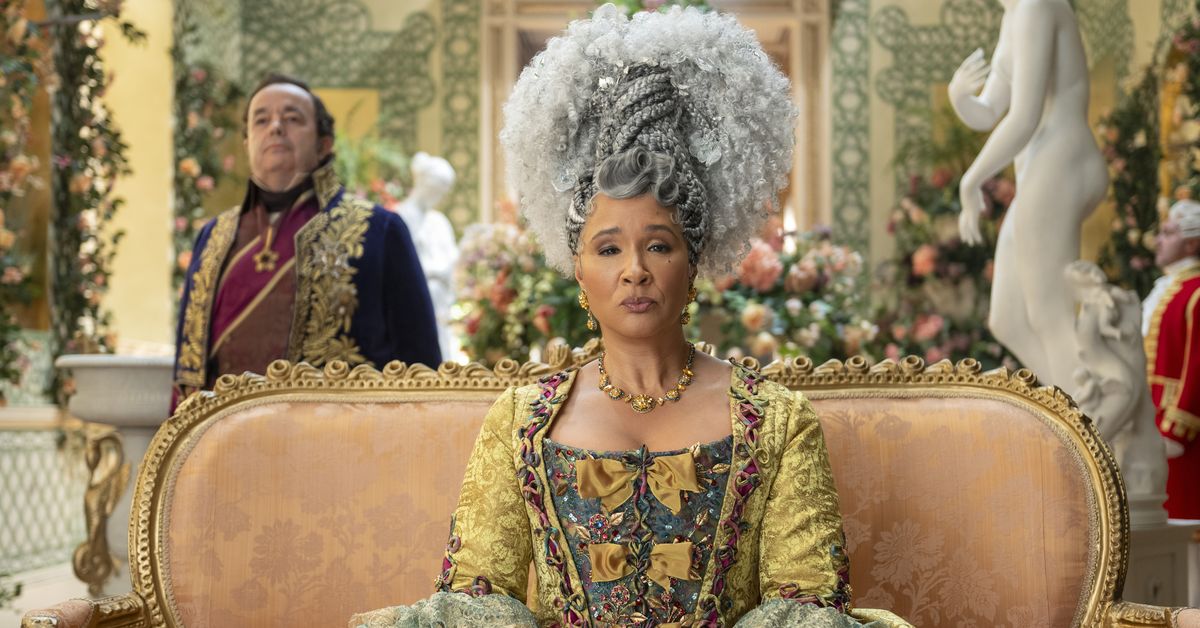




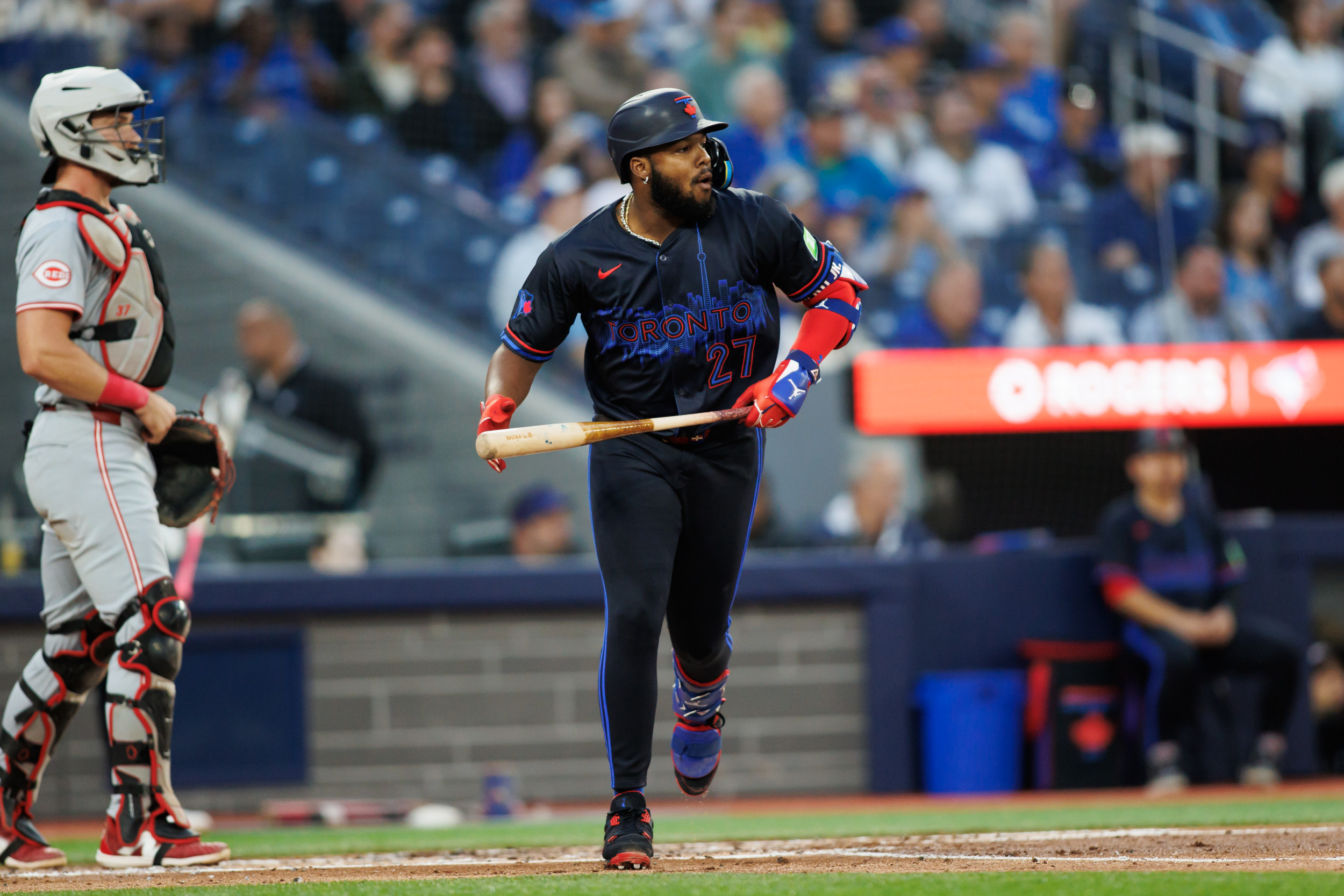


 English (US) ·
English (US) ·